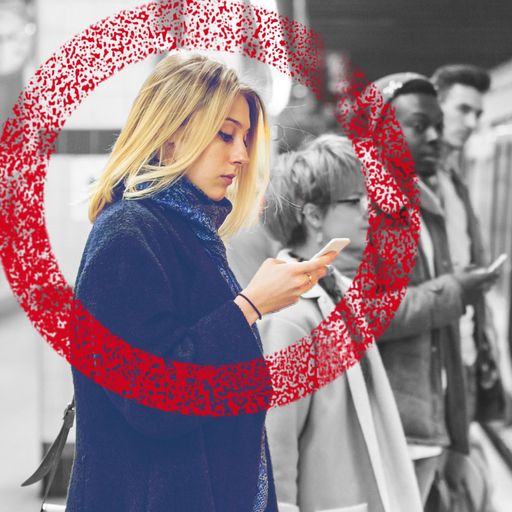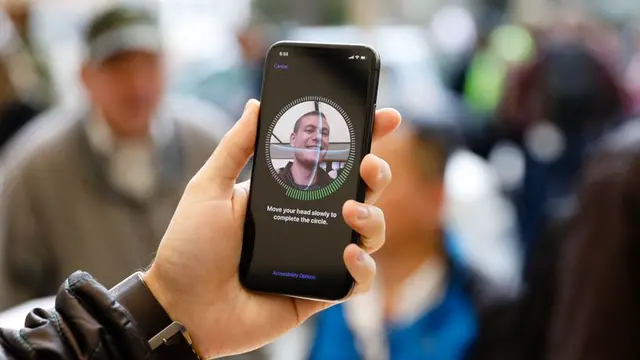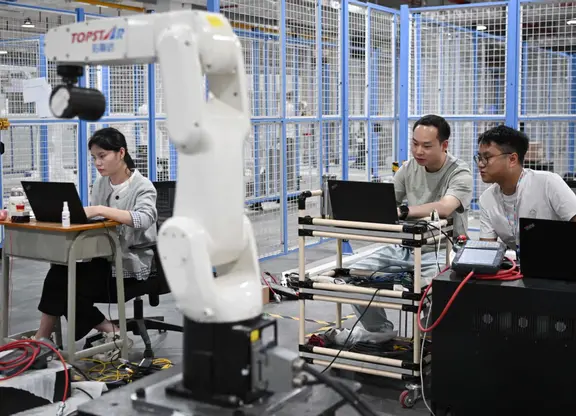Apple has quietly introduced a new change to its Face ID feature so people wearing masks during the coronavirus pandemic don't have to remove them to unlock their phones.
Face ID was introduced with the iPhone X, allowing users to unlock their iPhones using only their facial image instead of a fingerprint or a password.
However the face masks which have become so prevalent during the
COVID-19
pandemic are obscuring many of the details the iPhone uses to confirm identities.
Now, instead of fumbling around with the phone to try and access the passcode screen - which usually happens after Face ID fails to recognise a face multiple times - Apple is detecting if people are wearing a mask and automatically jumping them there.
This isn't the only feature with Apple is working on to tackle the coronavirus pandemic.
In a rare collaboration with Google, the technology giants are updating the iOS and Android mobile operating systems so they can use Bluetooth in the background and register when they come within close proximity of another mobile phone.

Coronavirus contact tracing apps - the problems and potential
This feature will be essential for digital contact-tracing apps which will automatically record who people had been in close contact with and then alert them if one of those people turns out to be infected with the virus.
The company has also recently revealed its long-awaited
cheaper device, the iPhone SE
, bringing back the look of the iPhone 8 in red, white and black.
Reports had suggested that Apple's plans to increase iPhone production and launch a cheaper model could be
disrupted by the coronavirus
outbreak.
Apple's quarterly financial results will be announced on Thursday.
The company previously warned investors it would
not meet its financial targets
due to the impact of the outbreak on production and sales in China.
 简体中文
简体中文





















